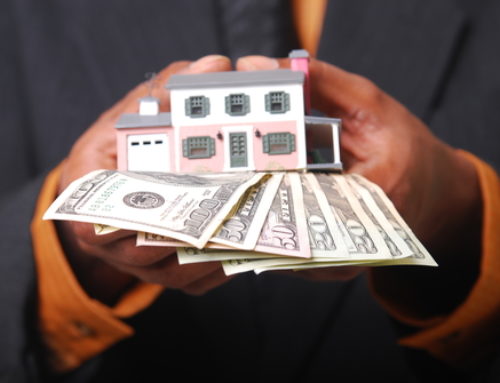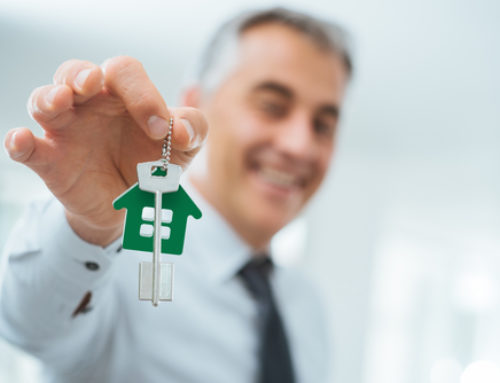Should I buy a new home before I sell my own? The short answer is: It depends.
If you want to minimize your financial risk, then you should sell your current house first and then buy a new one. If on the other hand, you want to minimize your inconvenience, then you should buy your new house first and then sell your current one.
If you value your convenience more, you should buy your new house first. It is much more convenient, because you can take as long as you like to find your “perfect house” and then move into it whenever you want. You own two houses at the same time, so you can move a little bit each day from one house to the other and there is no set timetable other than what is most convenient for you. The downside, though, is that while you’re owning these two homes, you’re paying the interest on the mortgage, real estate taxes and insurance for both of them. If you need the money from the sale of your current house to buy the new one, you may be able to obtain a “bridge loan,” where a lender will give you a loan to enable you to buy the new house, with the provision that when you sell your current house, the bridge loan will be repaid.
If you want to minimize your costs, you should sell your current house before buying the new one, to avoid incurring the cost of carrying both homes. The risk here is that after you sign a contract to sell your current house, you will be pressured to find a new house to buy in time to be able to move into it before you must move out of your current one, and may have to “settle.” If you plan to take this latter option, you can negotiate the terms of your contract to include a “possession agreement.” This would allow you to sell your current house, but not move out until a few days later, during which time you would receive the proceeds from the sale of your house, use that money to buy the next one and then immediately move from your old house into your new house. Sellers, however, will usually only agree to a very short-term for possession agreements of five (5) to ten (10) days, and will insist on a “penalty” if you remain beyond the term, so if you wait too long to find your new house and are unable to close your purchase in time, you will either have to live with your in-laws or friends, or rent a hotel room; and you may have to pay for the storage of your furniture!
Obviously, the best of both worlds is to buy and sell simultaneously.
If you can complete the sale of your current house, remain in it for a few days until you complete the purchase of the other one and then move into it, that is ideal. Since the custom in New York is that the buyer signs the contract first and then sends it to the seller to sign, if you really want to try to minimize your risk, you can accept an offer from someone to buy your current house, and wait to sign that contract until you have signed a contract to buy the new one. This may be difficult to do, however, since the people selling their house to you are not going to wait more than a few days for you to sign a contract, before putting it back on the market, and may sell it to someone else in the meantime!
Selling your house and buying another one can be one of the most stressful experiences you will ever have. Understanding which risk is more important for you to minimize will enable you to keep that risk to a minimum. Discussing your risks and your options with an experienced real estate attorney will enable you to minimize the rest of them!
If you have any questions or comments, please contact me at peter.roach@roachlawfirm.com.
Peter Roach
Peter T. Roach & Associates, P.C.





